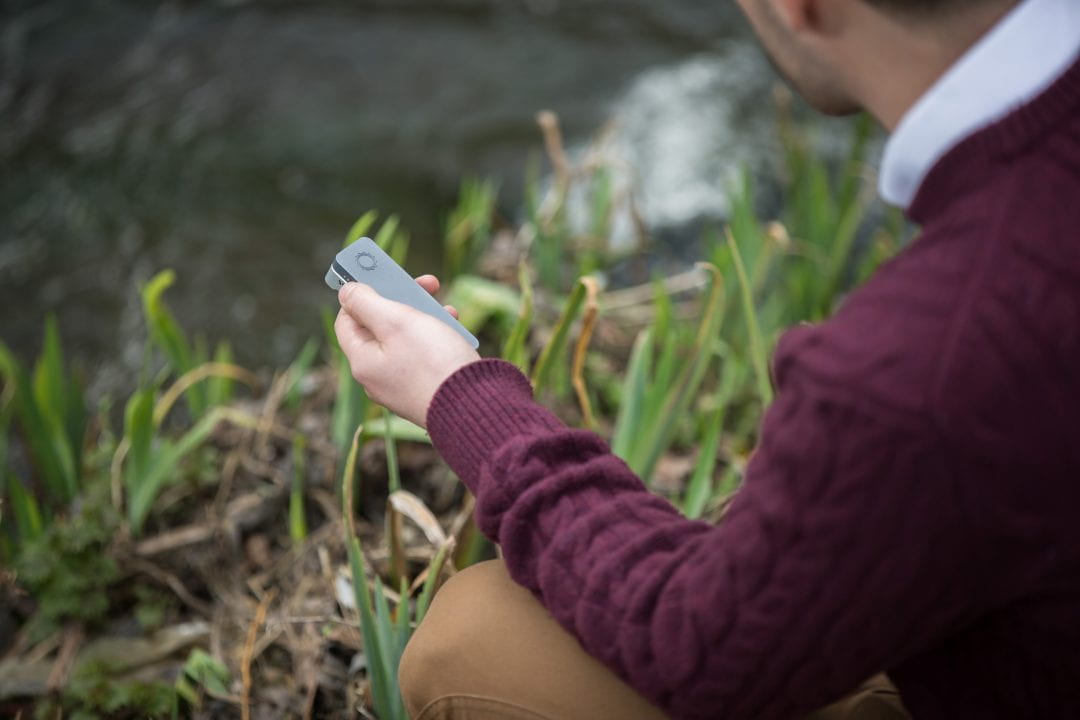By James Gallagher BBC News 29 January 2018
Scientists have used a device that fits in the palm of the hand to sequence the human genome.
They say the feat, detailed in the journal Nature Biotechnology, opens up exciting possibilities for using genetics in routine medicine.
It is a far cry from the effort to sequence the first human genome which started in 1990.
The Human Genome Project took 13 years, laboratories around the world and hundreds of millions of dollars.
Since then there has been a revolution in cracking the code of life.
Prof Nicholas Loman, one of the researchers and from the University of Birmingham, UK, told the BBC: “We’ve gone from a situation where you can only do genome sequencing for a huge amount of money in well equipped labs to one where we can have genome sequencing literally in your pocket just like a mobile phone.
“That gives us a really exciting opportunity to start having genome sequencing as a routine tool, perhaps something people can do in their own home.”
Sequencing technology has the potential to change the way we do medicine.
Analysing the mutated DNA of cancers could be used to pick the best treatment. Or inspecting the genetic code of bacteria could spot antibiotic resistance early.
[Read more]
